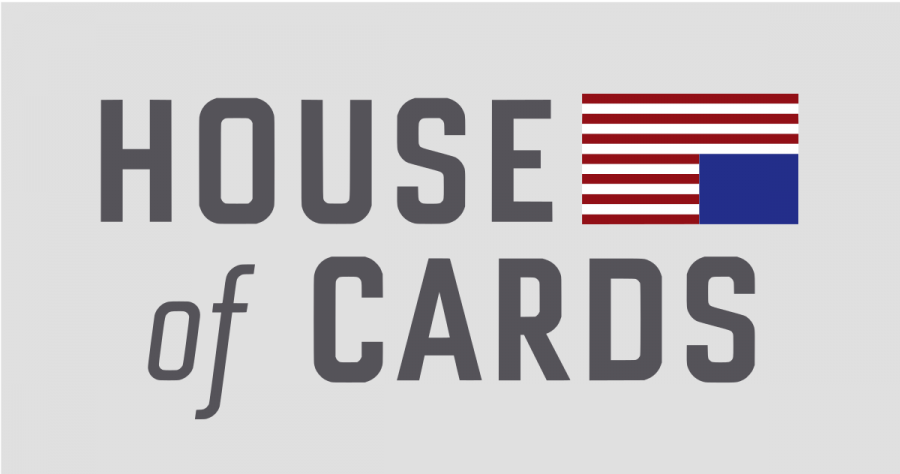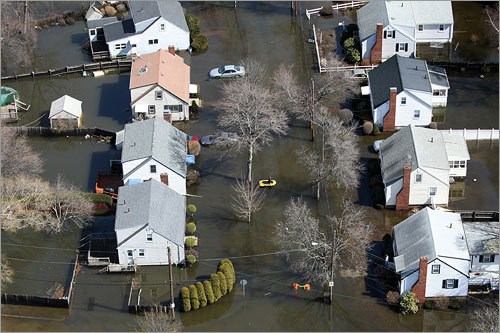By Helen Witte
Staff Writer
The Liberal Democratic Party (LDP) of Japan won a two-thirds majority in Parliament (called the National Diet) after a snap election took place on Sunday, Oct. 22. A snap election is an election that is called earlier than expected. Prime Minister Shinzo Abe called for a snap election of Parliament in September after making the decision to dissolve the lower body of Parliament, the House of Representatives. He wanted to cement his hold on the country by obtaining a two-thirds majority in the House, especially after the increased worry about North Korea following nuclear weapons being shot over Japan.
Abe became prime minister in Dec. 2012. His main political focuses are around the economic growth of Japan and the rising threat of North Korea. Specifically, he wants to revise Japan’s Article 9 charter in the Japanese Constitution, put into place after War World II. This charter limits the use of Japan’s military for self-protection. It also does not allow Japan to become involved with international conflicts. Abe wants to revise this charter to allow Japan to take military action against North Korea.
Three parties ran in October’s parliamentary election: Abe’s Liberal Democratic Party (LDP) working with the Komeito party, the Party of Hope, and the Constitutional Democratic Party of Japan (CPDJ). The Party of Hope and the CDPJ, formed in Oct. 2017, are splinters from the traditional opposition to the LDP. According to CNN, the leader of the Party of Hope, Yuriko Koike, states, “I had expected Hope to serve as a rallying point to counter [Abe’s] continued predominance in power.” She hoped that this new party would detract support from the LDP, thereby weakening their stronghold on Japanese politics. The Party of Hope is also interested in revising Article 9. The CDPJ was formed by Yukio Edano, the former Chief Cabinet Secretary and Minister of Economy, Trade, and Industry, when the LDP had the majority between 2010-2012. This party is against making a revision to Article 9.
The results of the election gave a big victory to the LDP. The LDP got more than two-thirds of the House of Representatives, 465 seats, giving them a supermajority. The Hope Party obtained 49 seats and the CDPJ obtained 54 seats. This major win for Prime Minister Abe and the LDP could result in major changes for Japan’s foreign policy. Because Prime Minister Abe does not believe in negotiations with North Korea, the likelihood of altering Japan’s constitution, with the strong support from Parliament, is high. However, even if Parliament passes a change to the constitution, Japan has to put this change up for a citizen vote. Due to the lack of agreement among citizens over what to do about North Korea, the public is unsure about whether this change will take place.
In Japan, the parliament chooses the prime minister. On Nov. 1, Abe was reelected prime minister by the two houses of Parliament.

















